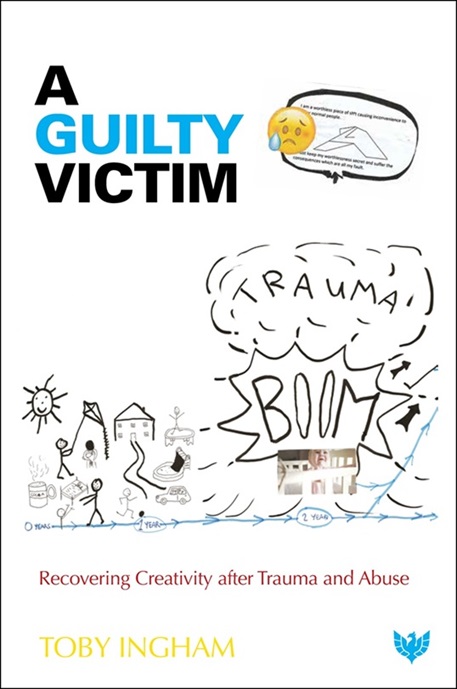The Who You Dream Yourself: Playing and Interpretation in Psychotherapy and Theatre

Book Details
- Publisher : Routledge
- Published : 2005
- Cover : Paperback
- Category :
Individual Psychotherapy - Catalogue No : 21940
- ISBN 13 : 9781855753136
- ISBN 10 : 1855753138
Also by Val Richards
Fathers, Families and the Outside World
Price £32.99
There are currently no reviews
Be the first to review
'At the time of beginning my own therapy, I was teaching drama and theatre studies and become fascinated by the analogies between theatre and therapy, especially by how these set-apart space-times affect the behaviour of meaning-making and the seeming immensity of the therapist's power.
'…as a trainee psychotherapist, discovering the writings of Winnicott, I realised that his theory of transitional phenomena and his vision of "playing"…provided a theoretical underpinning to the bond between theatre and therapy, bringing together the three parts of this book.'
- From the Introduction
The motif of time and space runs as a continual thread through this book, which examines the relationship between psychotherapy and the theatre as underpinned by Winnicott's writings. Richards supplements her theories with Jung's ideas on self, the writings of Lacan and the prose, drama and poetry of Yeats - an unusual blend between diverse and often opposing schools of thought.
The book itself is divided into three parts. Part One focuses on the workings of language, space and meaning-making in the settings of infancy, therapy and theatre. Part Two looks at the "struggle between masks", which is used as a metaphor for self and the representation of self. Richards considers how the phenomenon of theatrical "forced masks and free masks" serves as an analogy for the range of positions inadequately covered by the True and False Self dichotomy of Winnicitt. Part Three looks at signs and times by showing that space and linear time are one and indivisible: disturbance in one means disturbance in the other. The point is illustrated with an in-depth examination of Yeat's Purgatory. Elsewhere in the book, case studies are used to illustrate formulations.
This book is highly recommended for analysts, therapists and trainees, in particular child and Winnicottian therapists, and anyone with an interest in the role of theatre plays in the wider world.
Customer Reviews
Our customers have not yet reviewed this title. Be the first add your own review for this title.
You may also like
Phantasy in Everyday Life: A Psychoanalytic Approach to Understanding Ourselves
Julia Segal
Price £36.99
Psychoanalytic Practice Today: A Post-Bionian Introduction to Psychopathology,...
Antonino Ferro
Price £34.19
save £1.80
The Psychotherapist and the Professional Complaint: The Shadow Side of Therapy
Adah Sachs
Price £26.99
save £3.00









